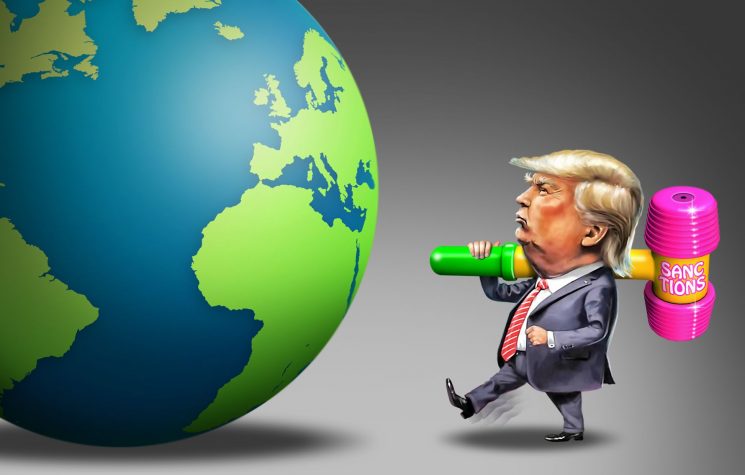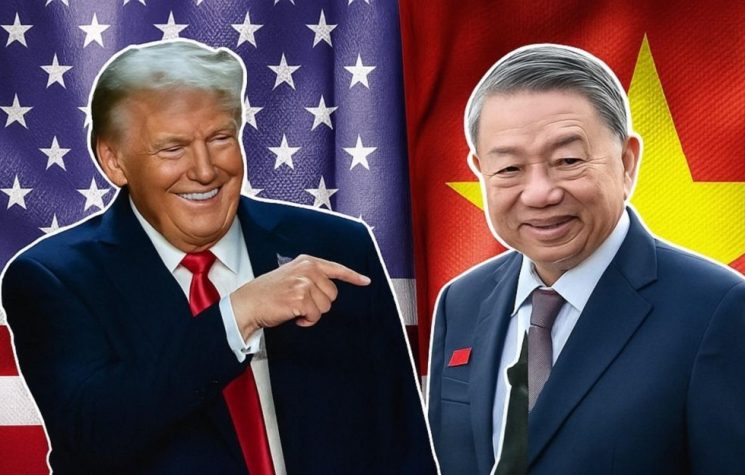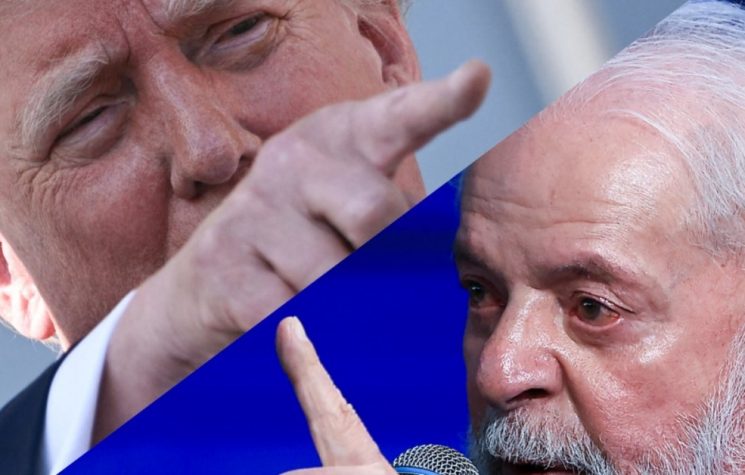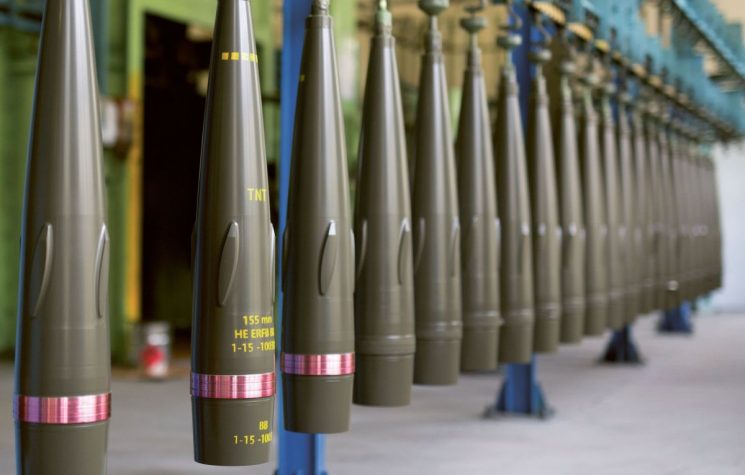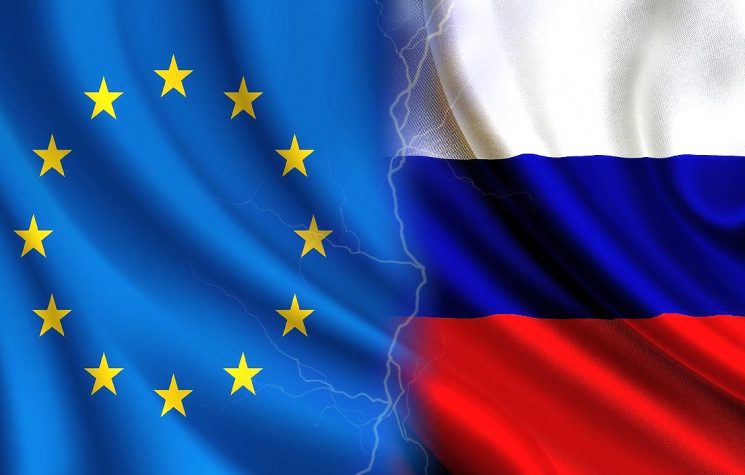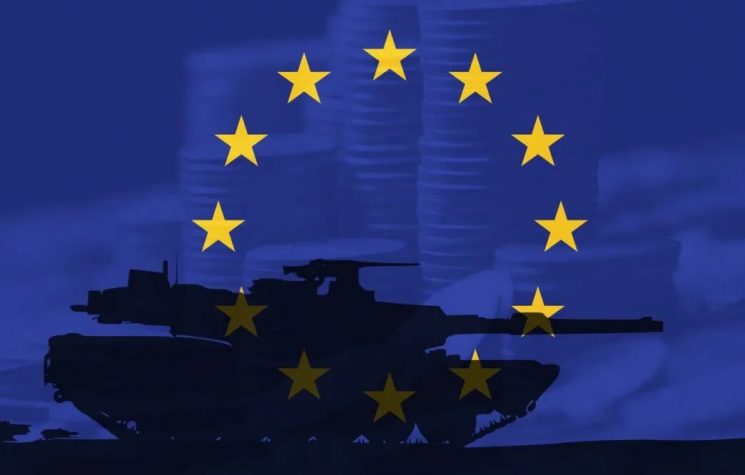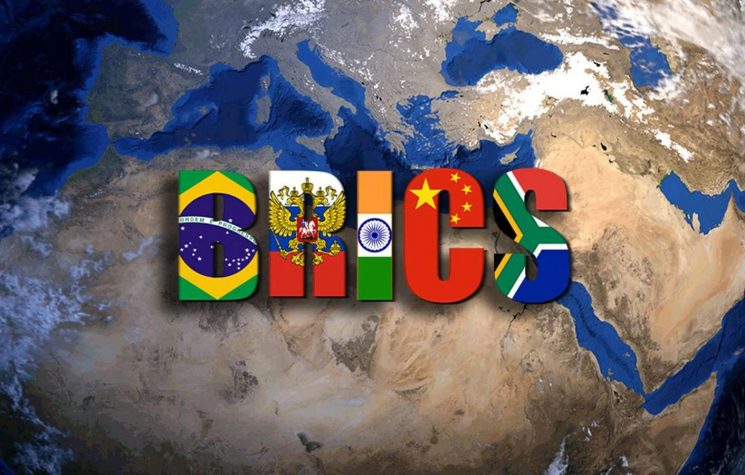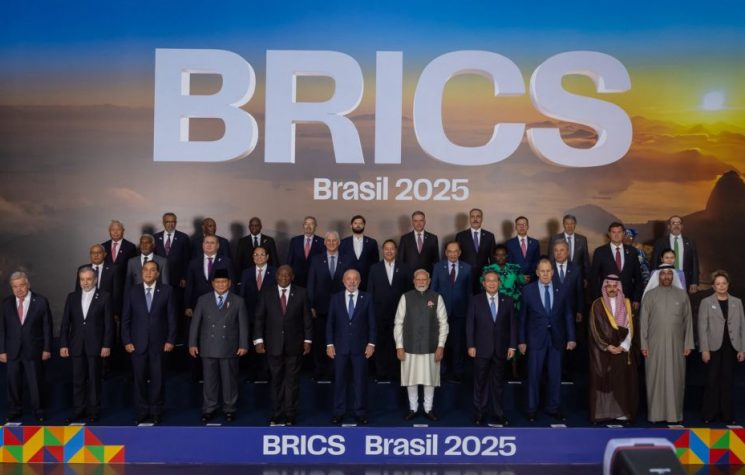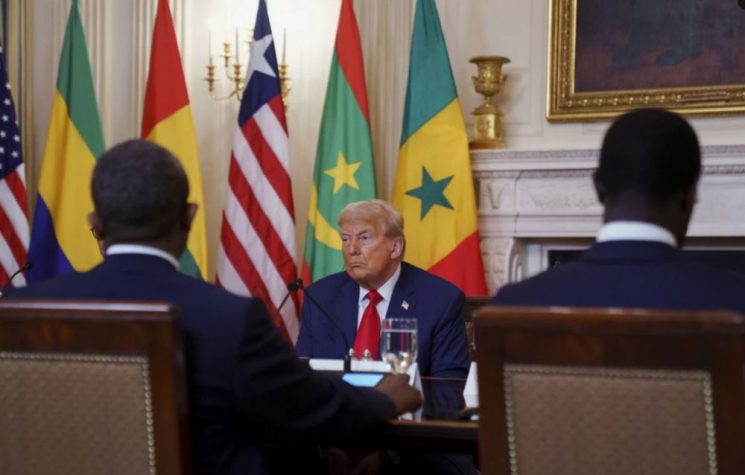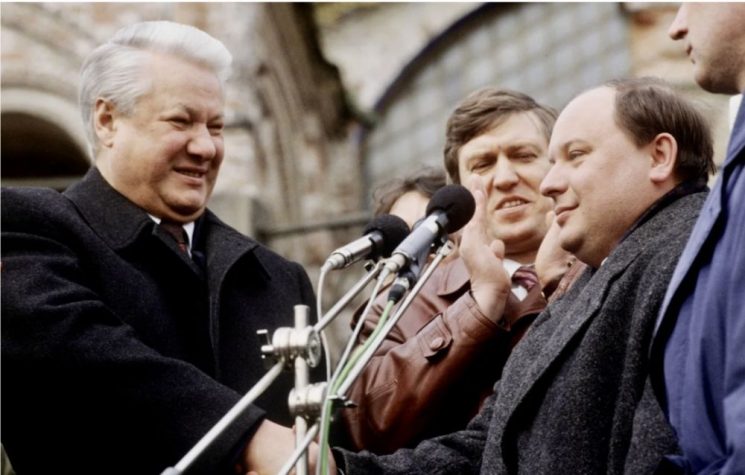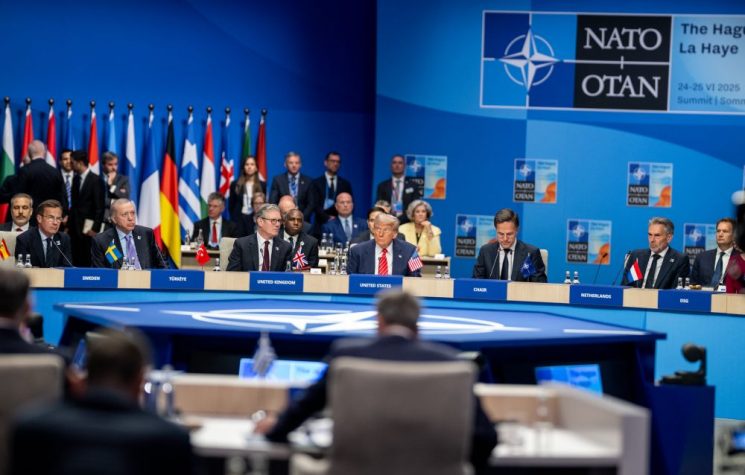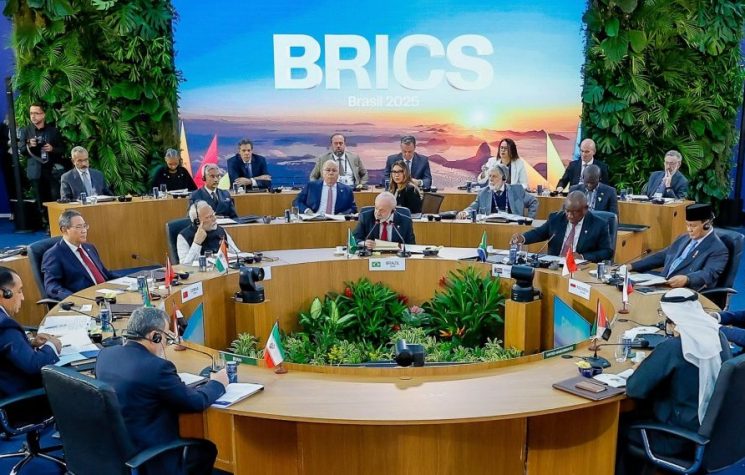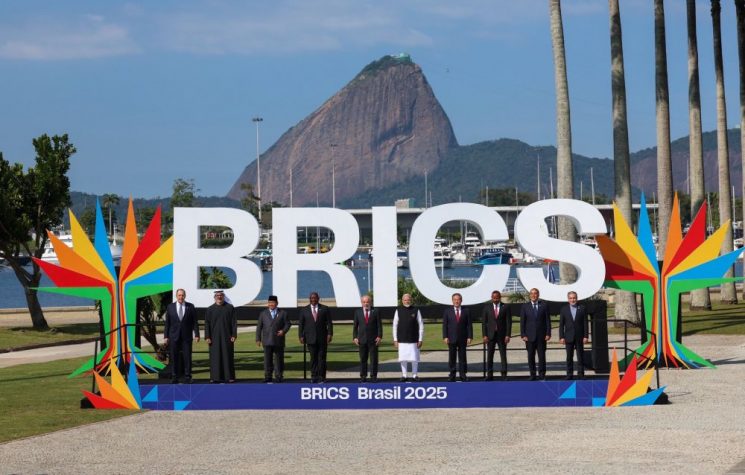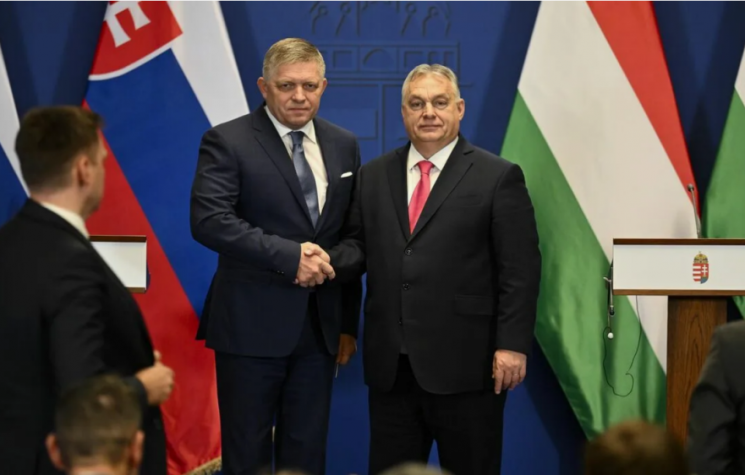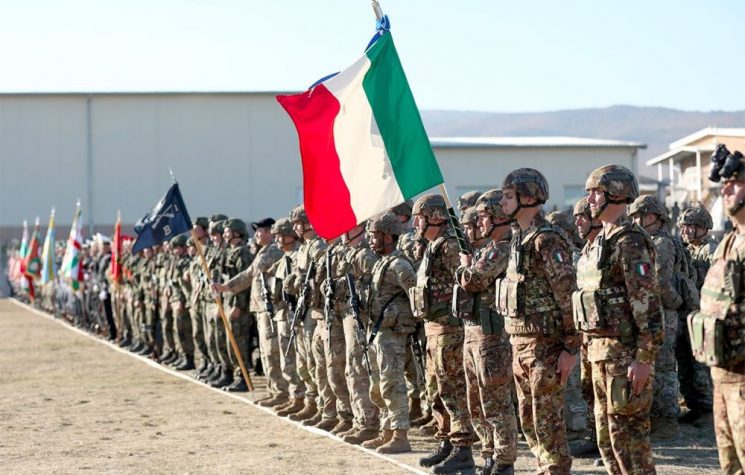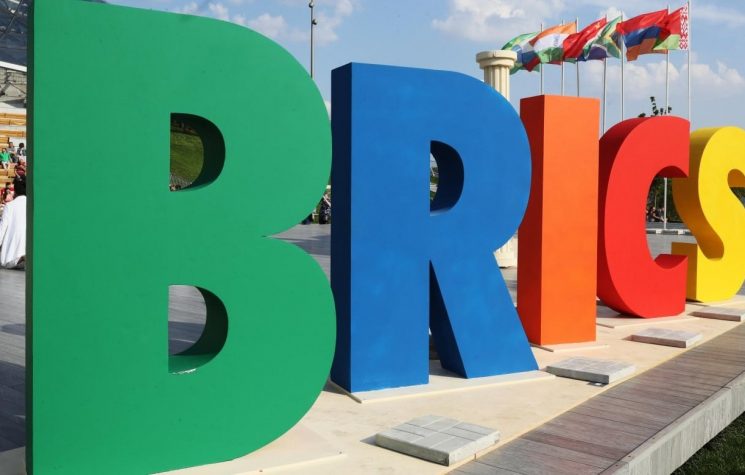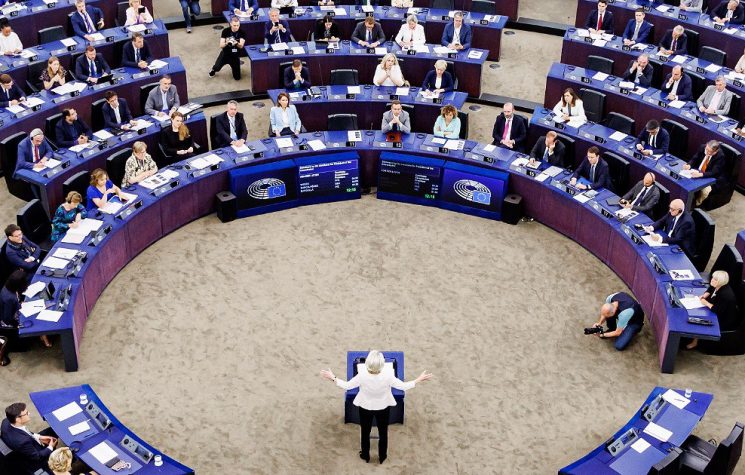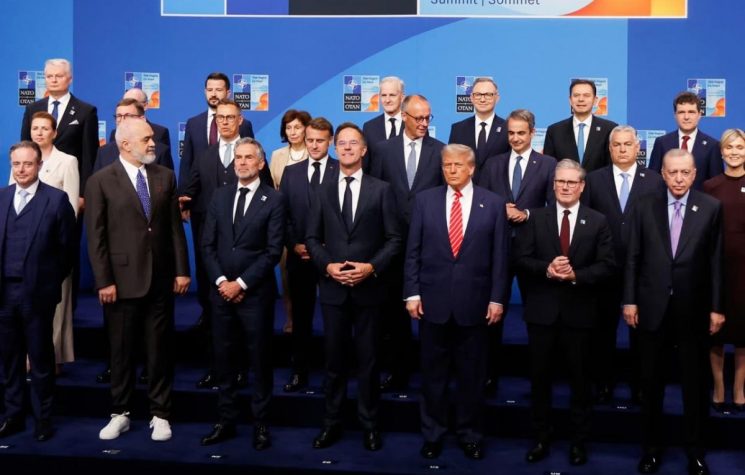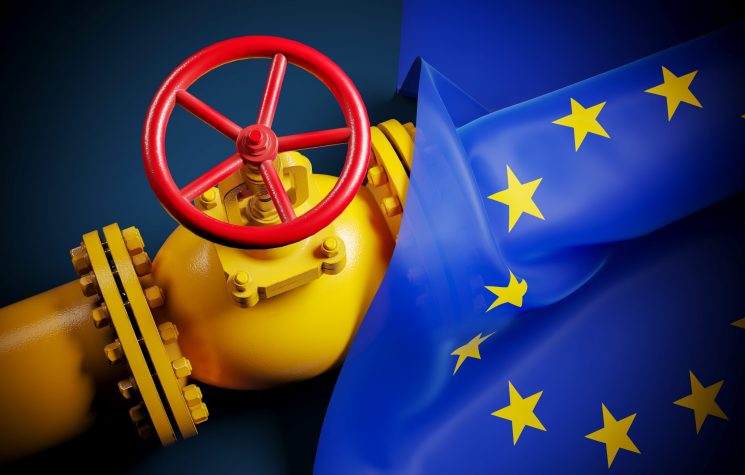Should Russia’s diamond industry succeed in this trade war, then its diamonds will be a nightmare for NATO and the luxury goods chimera it feeds off.
❗️Join us on Telegram![]() , Twitter
, Twitter![]() , and VK
, and VK![]() .
.
Contact us: info@strategic-culture.su
Even though it is now a full 70 years since the sultry Marilyn Monroe first told us that diamonds are a girl’s best friend, it seems NATO has decided that ship has sailed and we must stop buying Russian diamonds, ostensibly to help Zelensky’s failed Reich but most likely for other, more fluid and long lasting supply and demand reasons this article examines.
First off, the over the top Monroe was an integral part of the diamond industry’s Hollywood product placement strategy, which included such jewels as the Taylor-Burton diamond, the Great Gatsby’s Pink Diamond, Murder on the Orient Express’ Blue Moon Diamond, Titanic’s Heart of the Ocean Diamond, the Smithsonian’s Curse of the Hope Diamond and many more that all added to the glamour of both Hollywood and the diamond industry.
To grab a bit of this mystique, all the gullible, young Yankee had to do was take himself down to 47th Street or into Tiffany’s or some such outlet and drop a bundle on buying his own Marilyn Monroe a diamond ring that would be as eternal as their love in divorce rife America.
Hollywood also lent a hand in putting that dumb purchase into its proper psychological perspective. When the GI would propose marriage or whatever, the ring would always be produced “spontaneously”, like it was just another impulse purchase one would make of Hershey’s chocolate at the supermarket checkout. The difference with this diamond purchase, however, and where Monroe’s all-American good looks played a pivotal role, is that Monroe’s diamond fetish appeared in the 1950s, when the war’s GIs were flush with cash instead of brains.
Thus, instead of buying his betrothed a sensible product, like a washing machine or a vacuum cleaner, he would splash out on a diamond and a lavish wedding ceremony they could ill afford. And though Monroe sang about Tiffany’s, Cartier, Black Starr and Frost Gorham, Harry Winston, the King of Diamonds, deserves more than a casual mention because of his marketing and product placement genius, which culminated with his long-standing arrangement to loan jewellery to Hollywood for their blockbusters, as well as for their Oscars and other big big gala nights.
That is an important point because all luxury products, be they diamonds, hand bags or perfume, need to preserve and promote their mystique. That is why you find their outlets on such famous shopping strips as Tokyo’s Ginza, where the stratospheric rents must eventually be absorbed by the end purchaser.
In return for their high prices, we know or at least we think we know that Tiffany’s, Cartier and the rest of them are giving us a square deal when they sell us their luxury goods. Louis Vuitton, last time I dealt with them, do not sell products online and even though they cannot differentiate the very best imitation products of Japan’s yakuza craftsmen from their own products, the brand name and all around it is an almost impossible nut to crack for those, like the Japanese, Chinese or Russians who might like to take them on.
Though consumers are prepared to pay hefty premiums for such products, in the case of diamonds, it makes no economic sense because once you walk out the door of Tiffany’s with your product, it has already lost up to 25% of its value. Although diamonds may well be a girl’s best friend, they are not a girl’s best investment unlike, say, Marilyn Monroe who marries some random diamond mine owner in Gentlemen Prefer Blondes.
Although Monroe’s diamond mine owner seems like a nice, if somewhat doltish idiot, that is Hollywood fiction at its finest. Although Catherine the Great, as well as the French and light fingered British Royal families have had a centuries’ old love affair with diamonds, the modern industry’s supply structure was kick started by Cecil Rhodes, the ruthless epitome of the British Empire, who used tactics their East India Company previously pioneered. Rhodes was followed by the De Beers, who cornered the world’s diamond supply and controlled their global distribution chains until very recently.
Although these gangsters pretended to be very upset at the infusion of blood diamonds, diamonds from conflict zones that Leonardo di Caprio starred in a Hollywood movie about, the real problem with those diamonds was they were outside the cartel’s control and so could upset prices both in the shorter and longer terms.
NATO has seized on this to use blockchain technology to enable diamonds to be traced from “ethical” mine to “ethical” 44th Street. Once that technology is in place, NATO hopes to sleep easily, knowing that Russian diamonds, furs, caviar and God knows what else are locked outside of their supply chain.
Although De Beers entered into a 2006 legally binding agreement with Russian mining giant Alrosa to cease purchasing rough Russian diamonds so as to ensure competition within the European Union between the two companies, De Beers and the European Union no more believe in fair and free competition than they believe in Rudolph the red nosed reindeer, to whom we shall soon return.
Whatever the rights and wrongs of supporting Ukrainian Nazis, locking Russian diamonds out will limit supply and therefore help to steady the market by addressing the oversupply challenge for those like De Beers who remain. That is the long and the short of it and to see how utterly ruthless De Beers have been throughout their history, check these academic links here, here and here or listen to this Spotify podcast.
The question then is what Russia, its flagship Alrosa company and Russia’s Rudolph the red nosed reindeers can do about this threat to their viability. The answer is quite a lot but it will take time and a lot of money to upset this very lucrative apple cart, which is so dependent on product placement, brand endorsement and undeserved exclusivity.
NATO’s current trend seems to be for the diamond to have a backstory, much like Titanic’s Heart of the Ocean diamond and all its knock offs had. Russia must develop its own story lines and have their own celebrities to product place them, much as Kate Middleton and Princess Charlotte are ambassadors for high end British clothing.
Though Alrosa’s website tells us that December 4th is World Wildlife Conservation Day and that Alrosa has a decades-long history with Siberia’s reindeers, it is time to merge those romanticised animals more into their own marketing efforts and, perhaps, to tell us how diamonds make lighter cargoes for Santa’s Siberian reindeers than do MacDonald’s hamburgers and Freedom Fries.
Their story could then continue to how those diamonds are brought by reindeer to Russia’s own elves where they get the Russian cut, which is respected and highly valued globally as it comes from Russia with love and unsurpassed craftsmanship.
Russia, then, has a story to tell about its diamonds and, as Hollywood has only three or so basic plots, crafting a Russian equivalent should not be an insurmountable problem. And nor would directly employing Indian cutters to boost supply or, with a lot of effort, Chinese millennials to buy them at knockdown prices.
The problem with this latter scenario is Russia would be sniping not only at De Beers but at the luxury companies of Europe, who seem to have a collective death wish. It is in cracking their stranglehold that the costs to Russia would rise.
One possible way to tackle that bottleneck is to encourage China’s cruise ships to make more stops in Russian and North Korean ports. Although Russia has an entire smörgåsbord of romantic attractions and honeymoon sites to offer, North Korea’s advantage is that it has a lot of deep water ports, and is convenient to Chinese millennials who just want to do the same heavy duty shopping they formerly did in South East Asia.
Although all of that would be for the marketing departments of Alrosa and allied companies to decide, the huge markups and massive advertising budgets that are the hallmark of NATO’s luxury industries provide a huge opportunity for Russia and countries and peoples prepared to work with her. Should Russia’s diamond industry succeed in this needless trade war, then not only will Russia’s diamonds be an uptown girl’s best friend but they will be a nightmare for NATO and the luxury goods’ chimera it feeds off.










